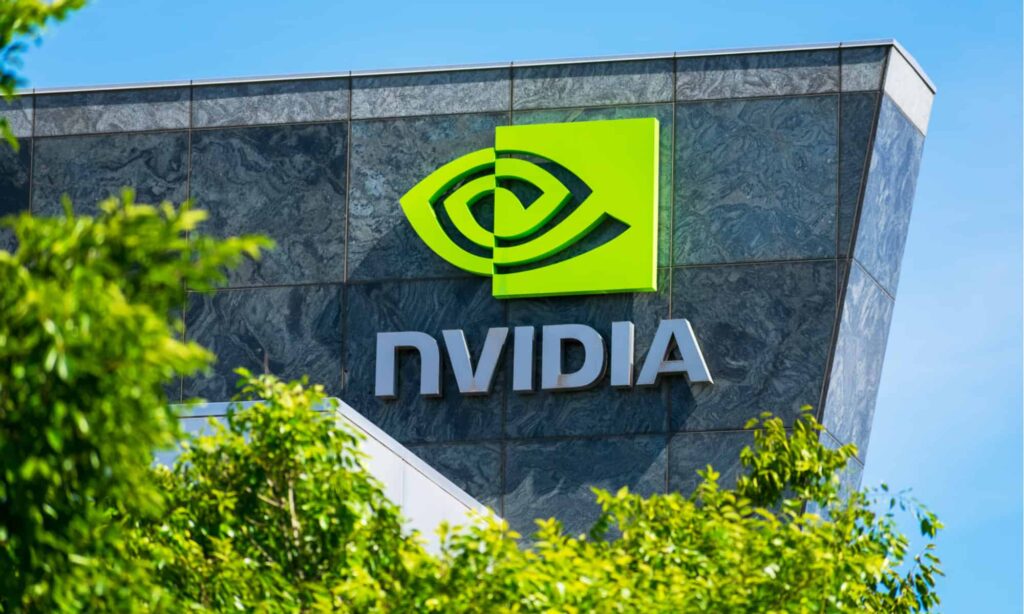Nvidia Corporation, a prominent player in the field of artificial intelligence due to its powerful chips, is facing legal action from three authors who claim the company used their copyrighted works without consent to enhance its AI platform, NeMo.
Brian Keene, Abdi Nazemian, and Stewart O’Nan have brought forward a lawsuit stating that their publications were included in a collection of roughly 196,640 books utilized to train NeMo in mimicking human-like written language.
This dataset was removed in October following allegations of copyright infringement.
The legal challenge, filed as a proposed class action in a San Francisco federal court, suggests Nvidia’s acknowledgment of the infringement through the dataset’s withdrawal.
The authors are pursuing damages on behalf of U.S. copyright holders whose works have been utilized for training NeMo’s advanced language models over the past three years.
Highlighted in the lawsuit are Keene’s “Ghost Walk” (2008), Nazemian’s “Like a Love Story” (2019), and O’Nan’s “Last Night at the Lobster” (2007).
Nvidia has refrained from commenting on the matter, and the authors’ legal representatives have yet to provide further details.
This lawsuit adds Nvidia to a growing list of companies entangled in legal disputes over generative AI technology, which generates new content from existing materials such as text, images, and sounds.
Nvidia promotes NeMo as a cost-effective and efficient solution for adopting generative AI.
The controversy also involves other notable firms like OpenAI, creators of ChatGPT, and their collaborator, Microsoft.
Nvidia’s advancements in AI have significantly bolstered its appeal among investors, with its stock value escalating nearly 600% since late 2022, pushing the company’s market valuation to almost $2.2 trillion.
The legal case, filed under Nazemian et al v Nvidia Corp, is being heard in the U.S. District Court for the Northern District of California, marked as case number 24-01454.
